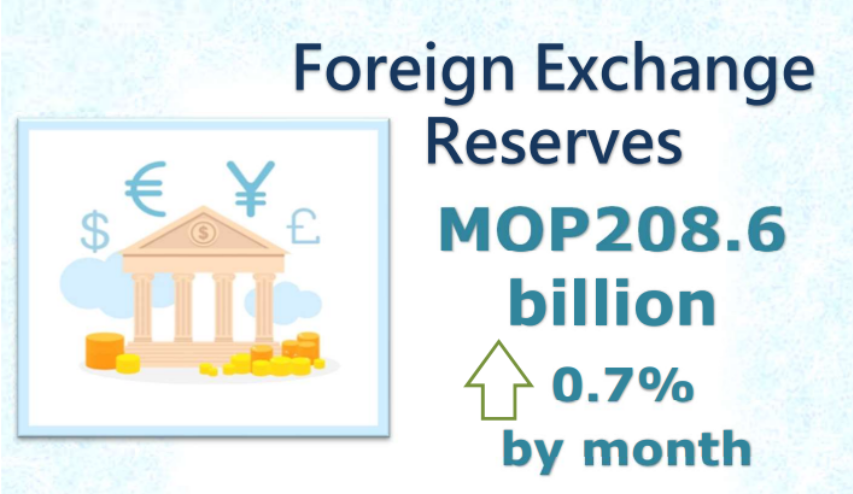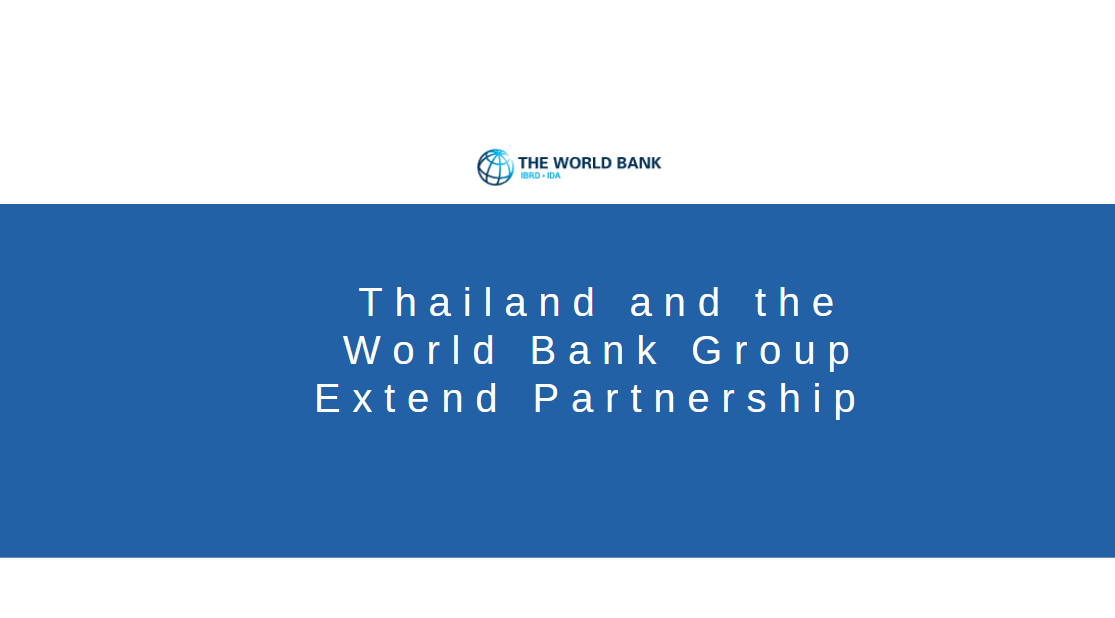Closing the fintech gap
ncumbent banks are adopting fintech innovations and seeking to fill their talent pools with innovators, as they embrace this new wave of transformation.
The topic has come under the spotlight at the Asian Financial Forum (AFF). This two-day Forum on 11 and 12 January kicks off the new year as the first major financial event.
The innovative fintech firms, some now more than a decade old, are clearly maturing and finding their place in the financial ecosystem, while the incumbent banks, sometimes dubbed “dinosaurs”, are beginning to adopt many fintech practices, such as branchless banking.
PIVOTAL CENTRE IN ASIA
The Fintech Innovation – How Hong Kong is Quietly Becoming a Pivotal Centre in the Region session showed the importance of Hong Kong in fintech development in Asia and beyond.
As fintech extends beyond traditional fintech hubs, such as the United States and Japan, the industry in Hong Kong has been progressing. As a highly digitalised international financial centre, Hong Kong is well-positioned to assume a leading fintech role across the Asia-Pacific. With its world-class financial and technological infrastructure, well-established regulatory environment, abundance of business opportunities and strong fundamental research and development, the city serves as an ideal platform to nurture and expand fintech business.
Moderator Michelle Cheng, Managing Director and Head of Fintech & Retail Business at Huatai International, opened by pointing out that fintech was a combination of finance and technology that covered a broad range of issues – payment, quantitative analysis, wealth management and more. As an important international financial centre, Hong Kong is pivotal in fintech development.
A key issue going forward would be obtaining, retaining and nurturing talent. Dr Crystal Fok, Head of the STP Platform at Hong Kong Science and Technology Parks Corporation, said finding talent was a race against time, as there were too few available. The Hong Kong SAR Government had launched its Innovation and Technology Blueprint, with talent competition a key issue. Those dealing with fintech and talent had to consider Hong Kong within the Guangdong-Hong Kong-Macao Greater Bay Area, she pointed out.
“Traditional banks need fintech development, demand is huge; virtual banks are gradually introducing new products,” she said. “Traditional banks tend to lag. The younger generation tend not to choose traditional banks, which are now seeking breakthroughs”.
Victor Yim, Head of FinTech at Hong Kong Cyberport Management Company Limited, said there were more than 400 fintech firms at the technology incubator and 14 had stalls in the AFF Start-up Salon. He said the Hong Kong Monetary Authority was letting banks fast-track fintech development. Solutions developed in Hong Kong could be applied elsewhere. He pointed to WeLab, which now has opened up in Indonesia.
FINTECH UNLIMITED
At another session – Global Spectrum: Fintech Unlimited - Everywhere, Everyone, Everything – representatives of both the fintech and incumbent sectors discussed how they adapted to the new realities with expensive credit and wary clients and investors.
Moderator Bénédicte Nolens, Head of the Bank for International Settlements (BIS) Innovation Hub, Hong Kong Centre, asked Peter Burnett, Managing Director, Standard Chartered Bank (Hong Kong) how the incumbent bank was adapting to innovation adoption of innovation.
He said that, in some ways, innovation was easier in developing markets. Fintech accelerated in developing countries since providing services without branch networks improved a bank’s reach. The first Standard Chartered virtual bank was in Côte d‘Ivoire in West Africa – a rural, dispersed population could be reached through their mobile devices without a branch network.
Noting that commentators sometimes referred to incumbent banks as “dinosaurs”, he said: “We’re at a bit of an inflection point in the fintech-incumbent – or dinosaur as you refer to them – world, where there is a great deal of collaboration combining the advantages of both.
“The external financial environment, to some extent, has forced this and we can debate whether it’s the dinosaurs catching up with the disruptors or it’s the disruptors working out a way they can bed down with the dinosaurs, but it doesn’t really matter.”
Prof. KC Chan, Chairman of WeLab Bank said the firm operated in Hong Kong and Mainland China and had bought a bank in Indonesia. WeLab aims for financial inclusion, making banking available to more people and serves 55 million users in the three markets. The start-up mentality gave advantages because the firm was closely connected to customers.
From Japan, Hiroshi Nakaso Chairman of Daiwa Institute of Research said Japan had been hit by problems with cryptocurrencies early in the evolution of the field, leading to a strict regulatory environment. Crypto assets as legal tender are not guaranteed by government, so do not function as currency, but can still be used as a medium of exchange, so are regulated as payments.























































First, please LoginComment After ~